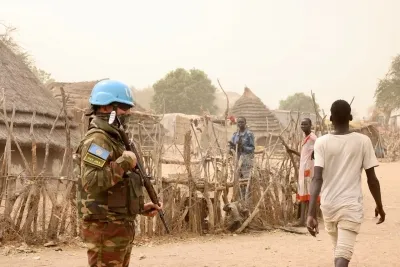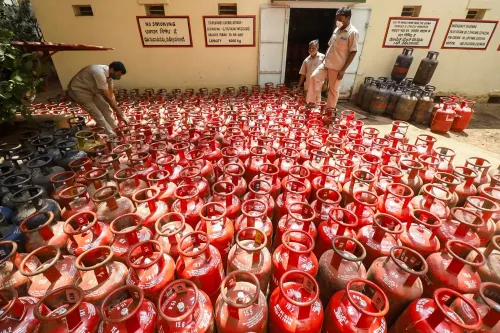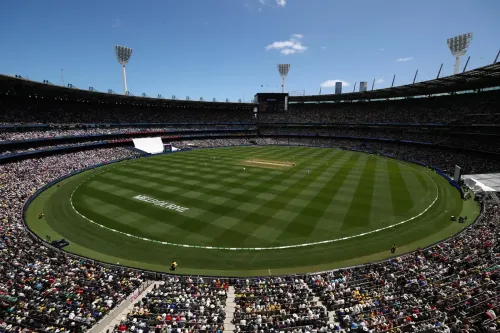What Does the Formation of a Parallel Government by Sudan's RSF Mean?

Synopsis
Key Takeaways
- RSF has formed a parallel government in Sudan.
- Mohamed Hassan Al-Taishi appointed as Prime Minister.
- RSF holds 42 percent of government positions.
- Concerns about further division and instability.
- Conflict between RSF and Sudanese Armed Forces continues.
Khartoum, July 27 (NationPress) A political coalition headed by the paramilitary Rapid Support Forces (RSF) has declared the establishment of a parallel government in Sudan, stirring fears of even greater fragmentation in a nation already ravaged by over two years of civil strife.
According to a televised announcement via Telegram, Alaa El Din Nugud, the spokesperson for the alliance, stated, "The leadership body of the Sudan Founding Alliance has resolved to appoint Mohamed Hassan Al-Taishi as Prime Minister of the Peace Government."
Reportedly, RSF commander Mohamed Hamdan Dagalo has been designated as the President of the Presidential Council, the top sovereign authority in this new governance structure, while leader of the Sudan People's Liberation Movement-North (SPLM-N) Abdelaziz Adam Al-Hilu was appointed as Vice President of the Presidential Council, as per Xinhua news agency.
As per an undisclosed source within the alliance, the RSF has secured 42 percent of the roles in this parallel government, with the SPLM-N acquiring 33 percent. The remaining 25 percent was allocated to other factions within the coalition.
Political analyst Abdul-Khaliq Mahjoub remarked that this announcement will only serve to complicate Sudan's already precarious political landscape.
"There are serious concerns that Sudan may face the specter of division, given the existence of two governments. This reality worsens the political situation in the country," Mahjoub cautioned.
"The existence of two governments entrenches geographic division... This could eventually lead to permanent partition, mirroring situations in other nations," he added.
The RSF had previously signed a founding charter with various political and armed factions in February, laying the groundwork for this parallel governance model.
Currently, the RSF exercises control over a significant portion of the Darfur region in western Sudan and parts of the Kordofan region.
Sudan is still embroiled in a conflict between the Sudanese Armed Forces and the RSF, which began in April 2023. This violence has resulted in tens of thousands of fatalities and has displaced millions, both internally and across borders.










